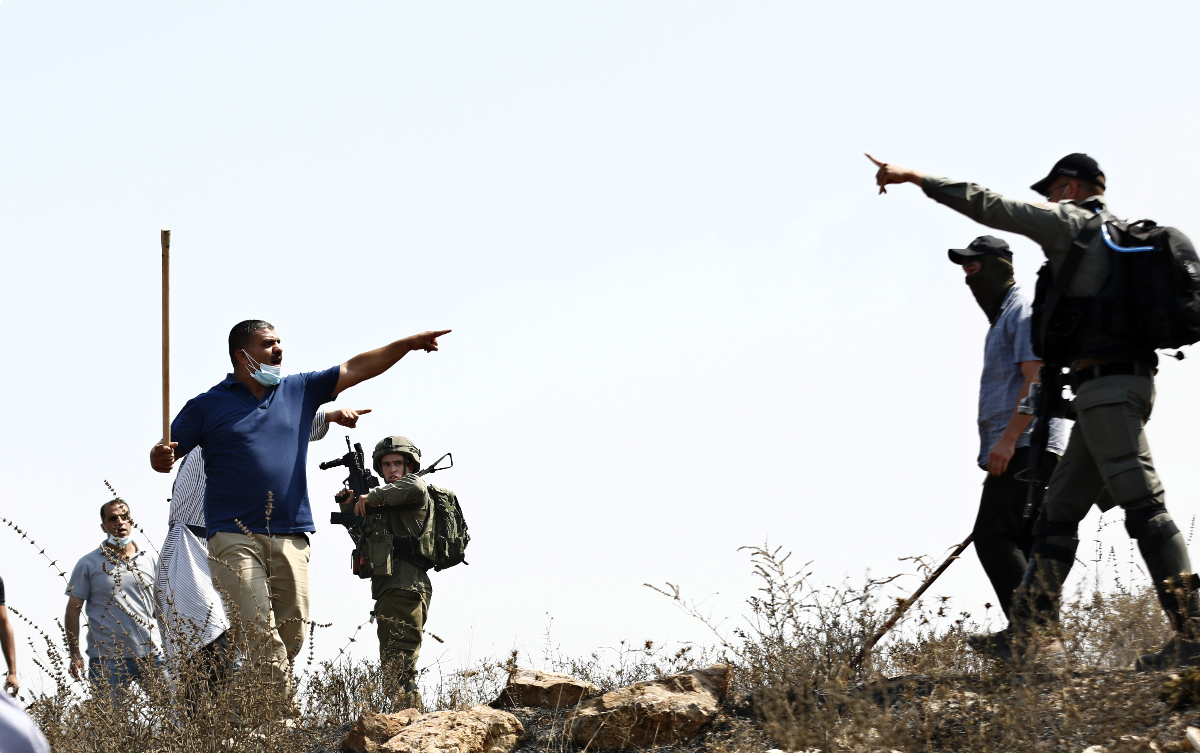Wednesday, Ramallah: The head of the Colonization and Wall Resistance Commission, Muayad Shaaban, said that the occupying state, with its approval in the third reading of the amendment of the disengagement law, which allows the legalization of a settlement outpost from the Homesh settlement, which was evacuated in 2005, constitutes the beginning of settlement infiltration into the northern West Bank, and this time through the legalization of an outpost containing A religious school is considered a breeding ground for terrorist settlers, and it is a starting point for settler terrorist gangs who carry out crimes against the Palestinians.
Shaaban said that the occupying state, since it evacuated the four settlements in 2005, did not allow the Palestinian citizens to return to their lands, but rather kept them closed to their original owners, but it allowed the establishment of a religious school outpost under the protection of the occupation army in the Homesh settlement, which is located on the lands of the citizens in the villages of Burqa in Nablus Governorate, and Silat al-Dhahr in Jenin Governorate.
Shaaban added that, despite the decisions of the Israeli Supreme Court that ruled the evacuation of the religious school, successive governments failed to implement the decision under the pretext of preserving coalition interests and appeasing the parties of the extreme right, indicating that the occupying power had previously tried to transfer the religious school in Homesh to a focus Avitar built on Mount Sabih in the Nablus governorate, but many legal complications prevented this, foremost of which was the inability of the occupying state to declare the lands of the Avitar outpost as state lands, given that aerial maps prove that these lands are being reclaimed by Palestinians over time.
Shaaban warned of the plans of the occupying state to return once again to settlements and theft of land to areas in the northern West Bank, contrary to what the leadership of the occupying state declares to the world, stressing that the settlement project takes the form of a rolling flame ball that swells if it is met with international silence and is liberated from sanctions.
